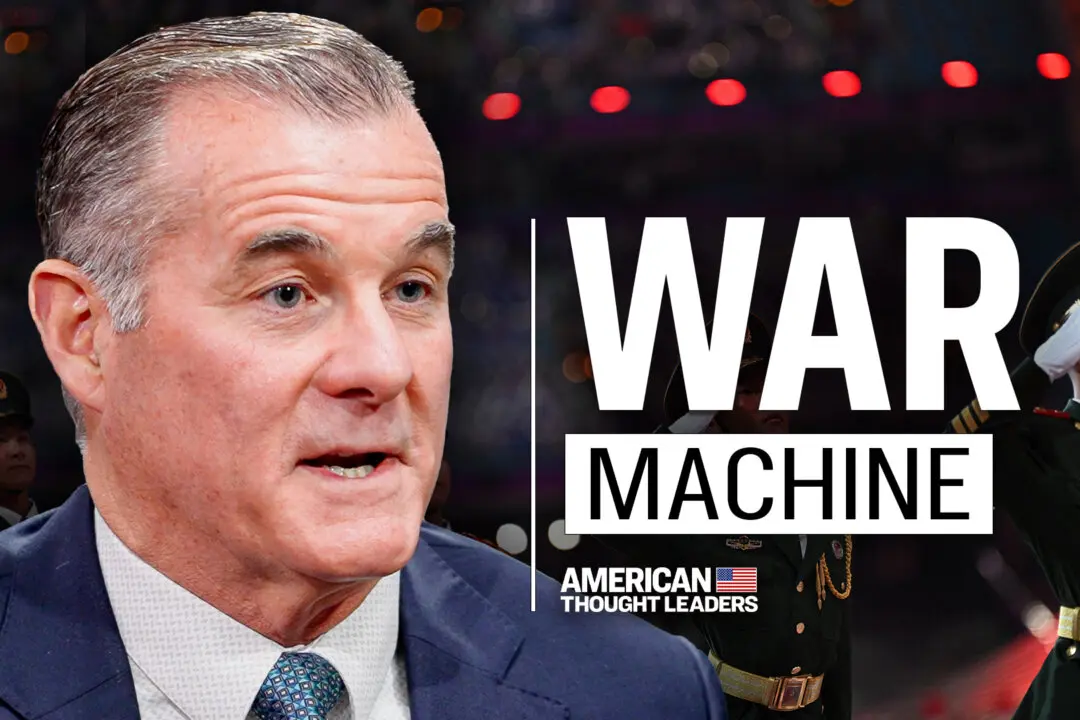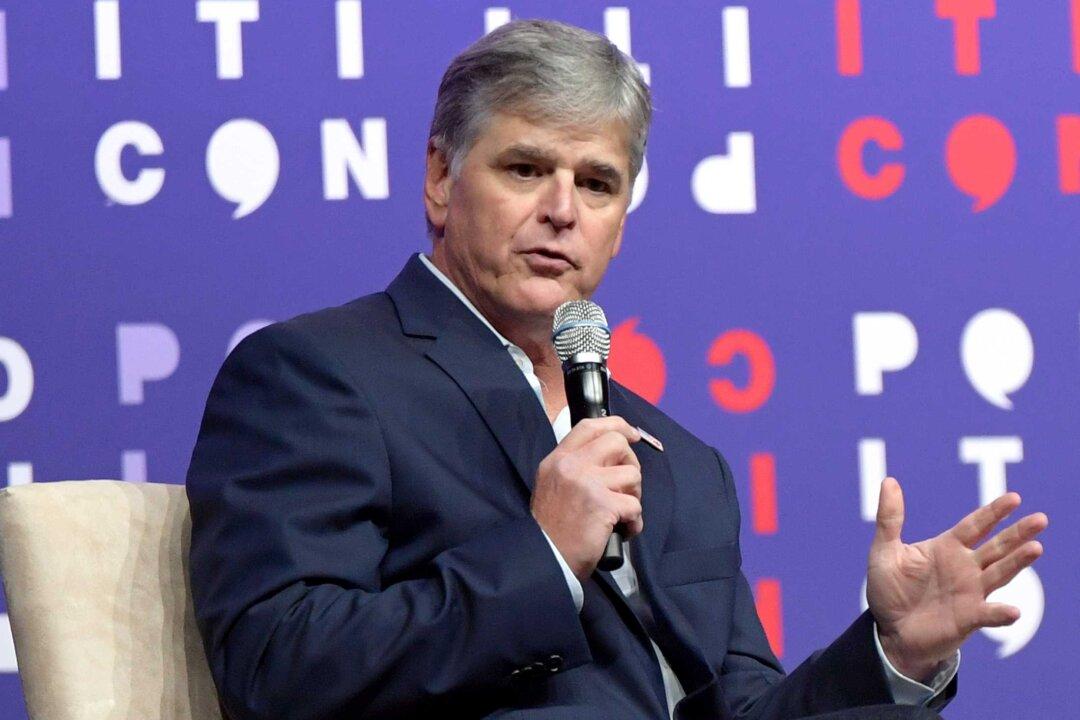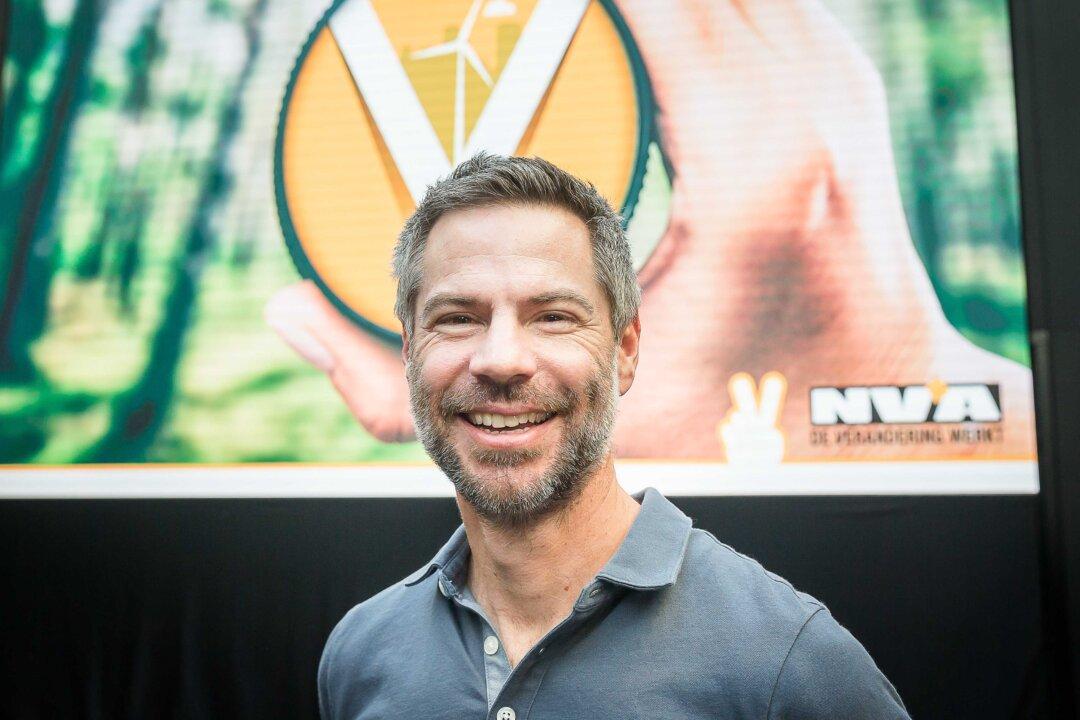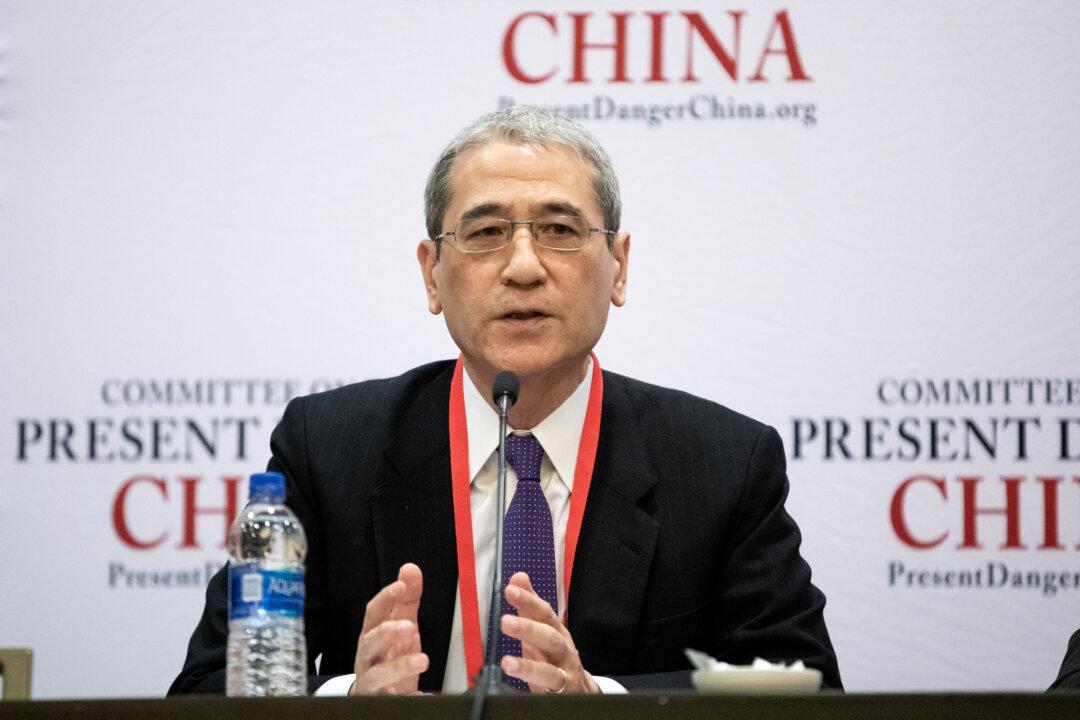The people condemning law enforcement in America and advocating for the defunding of police are not the ones who will have to face the deadly results of their proposals, says former civil rights activist Bob Woodson.
“Let’s do a survey of these communities where crime is the highest and find out what the people there want, before we rush to accept the recommendations of people who don’t have to suffer the consequences,” Woodson said, in an interview with The Epoch Times’ “American Thought Leaders” program.





